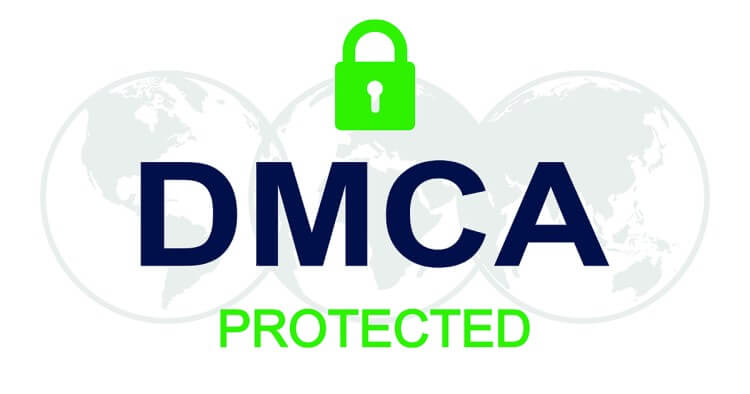

The reason for such an “epic fail” is that Microsoft affiliates have automated systems which often end up requesting DMCA take downs on perfectly legitimate content, legitimate websites and sometimes even on their own content as this example shows. According to TorrentFreak Microsoft did exactly that. Accordingly, the DMCA safe harbors do not shield Digg from liability in this situation.Google is bombared with Digital Millennium Copyright Act (DMCA) take down notices everyday, but it isn’t everyday that Microsoft submits one trying to get its own web links de-listed from Google’s search engine. Instead, publishing the decryption key is considered the promotion of technologies that circumvent encryption technologies, which the DMCA prohibits. Unfortunately for Digg, the organization that created the encryption scheme isn't asserting that publishing the decryption key violated their copyright. How does the DMCA and its safe harbor provisions apply in this situation? When a swarm of users posted a DVD decryption key on the news site, the managers of Digg tried to delete these posts, but eventually surrendered to the wishes of their users.

In 2004, a federal judge held that an online payment processor and an age-verification service were protected by DMCA, even though those types of companies aren't typically thought of as "service providers." Safe Harbors One interesting question is who is covered under the safe harbors. If the takedown notice was improper, the service provider may collect damages from the copyright holder. Unless the copyright owner files a lawsuit within 14 days, the service provider must restore the material. If the user asserts that he or she had a legal right to post the material in question, he or she may submit a "counter-notice." The online service provider will then inform the complainant of the counter-notice. After the provider has removed the material, it must alert the person responsible for uploading the material. Once notified, the website or service provider is required to quickly and immediately remove the material. Under DMCA, anyone who thinks a site or service is hosting infringing materials can provide a takedown notice, which includes the complainant's name and address, specific identification of the material, a statement by the copyright owner that it has a good faith belief the material is infringing, and a statement that the complainant is authorized to act for the copyright owner. respond promptly to "takedown" notices.do not receive a direct financial benefit from the infringement, and.do not know that the infringing material is on their system (or do not know facts that would make it apparent that infringing material exists),.The DMCA safe harbors protect online service providers like YouTube against copyright infringement claims if they Google responded that DMCA protects it from accusations of contributory liability for copyright infringement. DMCA safe harbors have garnered much attention lately because Viacom had sued Google for the unauthorized uploading of Viacom media onto YouTube, a Google-owned website. The Digital Millenium Copyright Act provides "safe harbors" from liability for online service providers, such as website publishers, hosting companies, and ISPs, when their users post or transmit copyright-infringing materials through their services or networks ( 17 USC 512).


 0 kommentar(er)
0 kommentar(er)
